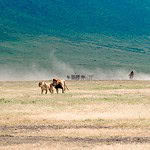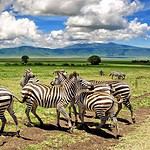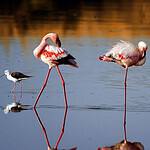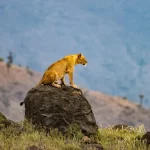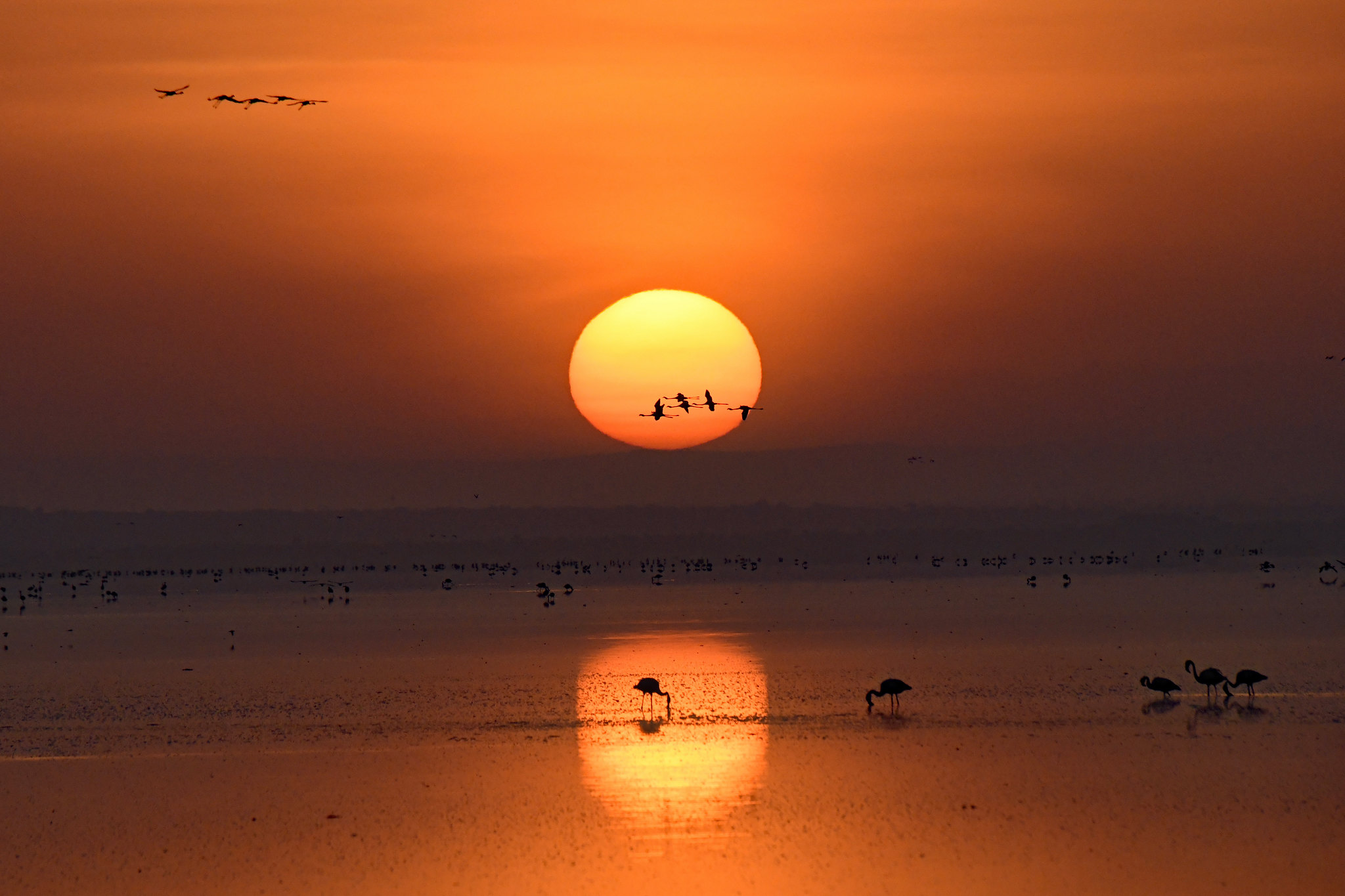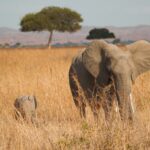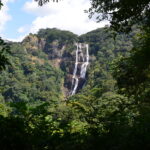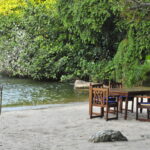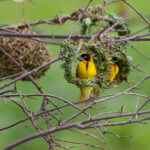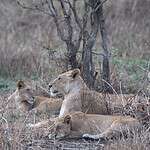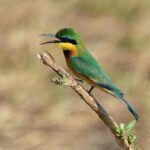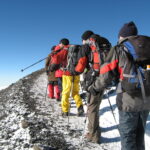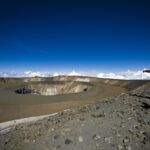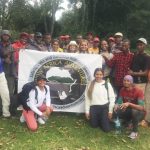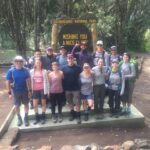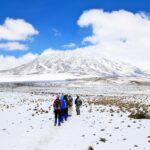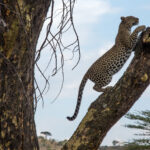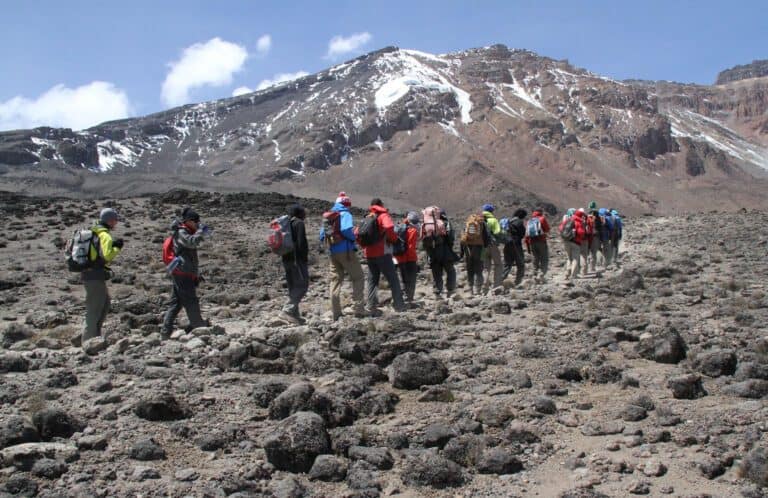Kilimanjaro 2025: A Year of Celebrations and Commemorations on the Mountain
Mount Kilimanjaro, a UNESCO World Heritage Site and Africa’s highest peak, holds immense cultural, historical, and ecological significance. The year 2025 brings with it unique opportunities to experience Kilimanjaro through a variety of special events, environmental initiatives, and cultural celebrations. Here’s a month-by-month guide to Kilimanjaro’s commemorations in 2025, highlighting how these events enhance the mountain’s allure for climbers and nature enthusiasts alike.
| Month | Event/Celebration | Significance | Activities & Highlights |
|---|---|---|---|
| January | New Year Sunrise Climbs | Celebrating the first sunrise of the year atop Kilimanjaro. | Special sunrise climbs at Uhuru Peak for a unique New Year’s view. |
| February | Environment Awareness Campaign | Promoting sustainable climbing practices and waste management. | Workshops on eco-friendly trekking and reducing plastic use. |
| March | Women’s Day Climbs | Honoring Women’s Day by encouraging women-led expeditions. | All-women climbing groups with guided tours and networking events. |
| April | Tanzanian Heritage Month | Celebrating Tanzanian culture and the historical significance of Kilimanjaro. | Traditional Tanzanian music, dance performances, and food. |
| June | World Environment Day (June 5) | Focus on environmental conservation efforts on Kilimanjaro. | Tree-planting and cleanup drives to protect Kilimanjaro’s habitat. |
| July | Summit Clean-Up Expedition | Annual expedition to remove litter from popular trekking routes. | Organized cleanup climbs by local communities and volunteers. |
| August | UNESCO Celebration of Heritage | Recognizing Kilimanjaro’s UNESCO World Heritage status since 1987. | Guided tours focusing on Kilimanjaro’s natural and cultural assets. |
| September | Kilimanjaro Freedom Climbs | Celebrating Tanzanian independence and the spirit of unity. | Cultural presentations and group climbs celebrating Tanzania’s past. |
| October | International Mountain Day Awareness (Oct 11) | Promoting Kilimanjaro’s ecological significance and mountain tourism. | Talks on Kilimanjaro’s biodiversity and climate change effects. |
| November | Wildlife Conservation Month | A focus on protecting Kilimanjaro’s wildlife and endemic species. | Safaris and treks with experts to observe wildlife conservation. |
| December | End-of-Year Reflection Climbs | Reflecting on the year’s journey and Kilimanjaro’s role as an inspiration. | Meditative sunrise climbs and cultural exchanges. |
Kilimanjaro 2025 Event Highlights
1. New Year Sunrise Climbs (January)
- Overview: Kicking off the year with a sunrise trek is a beloved tradition on Kilimanjaro. Climbers reach Uhuru Peak to welcome the New Year with breathtaking views.
- Activities: Early morning climbs, meditation sessions, and sunrise photography.
2. Women’s Day Climbs (March)
- Overview: Honoring Women’s Day, this event celebrates women adventurers and invites women-led groups to summit.
- Activities: All-women groups, inspiring talks, and networking opportunities.
3. Summit Clean-Up Expedition (July)
- Overview: This expedition is an annual effort to keep Kilimanjaro’s trails clean, showing dedication to preserving the mountain.
- Activities: Guided clean-up treks, eco-friendly trekking workshops.
4. UNESCO Celebration of Heritage (August)
- Overview: Honoring Kilimanjaro’s UNESCO status, this celebration educates climbers on the natural and cultural heritage of the mountain.
- Activities: Interactive heritage tours, storytelling from local guides.
5. International Mountain Day Awareness (October)
- Overview: Raising awareness on mountain conservation, this event highlights Kilimanjaro’s environmental and tourism value.
- Activities: Talks on conservation, biodiversity walks, and climate-focused discussions.
Essential Tips for 2025 Kilimanjaro Celebrations
- Book Early: Major events, especially in high season, can mean more visitors. Book in advance for an uninterrupted experience.
- Prepare for the Altitude: Proper acclimatization is essential, especially for high-altitude events like summit sunrise climbs.
- Engage with Local Guides: Experience Kilimanjaro’s rich history and culture by connecting with Tanzanian guides who bring insights and stories.




